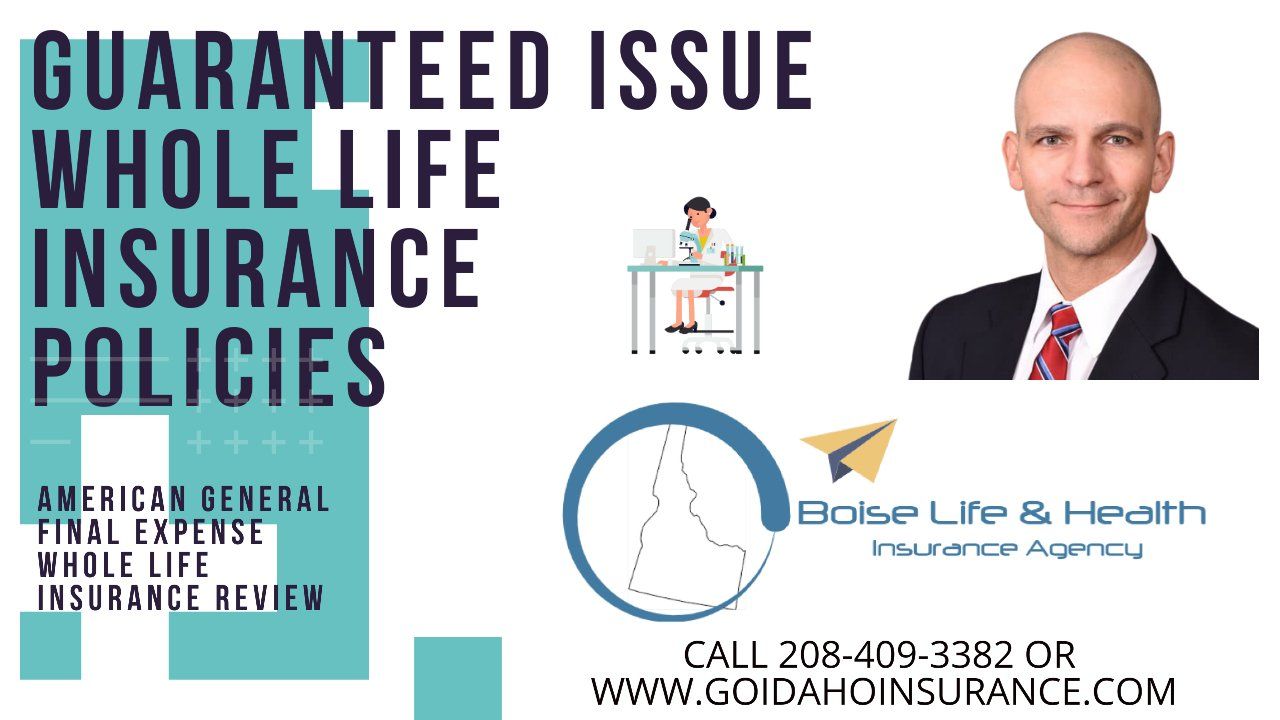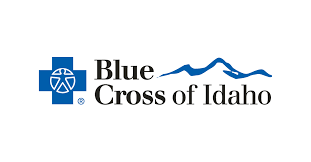Is Return of Premium Term Insurance the Right Choice?
Return of Premium Term Insurance can be a good choice for you if you’re seeking both life insurance coverage and a possible refund on your premiums should you outlive your policy. It acts as a financial safety net, giving peace of mind by mitigating the risk of losing out if no claim is made.
However, it’s essential to consider that these policies are more expensive than traditional term life insurance. Weighing potential benefits against the increased premium costs and understanding the limitations, like no interest on returned premiums, is crucial. Each situation is unique, so evaluating your financial priorities is vital. Exploring further could unveil whether this insurance aligns with your goals.
Contact Us
Key Takeaways
- Return of premium term insurance refunds all premiums if you outlive the policy term, providing a financial safety net.
- It tends to be more expensive than traditional term insurance but more affordable than whole or universal life insurance.
- This insurance type is suitable for those seeking both life insurance coverage and a potential return on investment.
- The higher premiums compared to traditional term insurance might not justify the benefits for everyone, depending on individual financial goals.
- Availability among providers is limited, making it important to weigh the potential benefits against the increased cost and market options.
Understanding Return of Premium
Return of Premium (ROP) term insurance offers you a unique advantage by refunding all premiums if you outlive the policy term. Unlike traditional term life insurance, where you don’t see any money back if the policy expires and you’re still kicking, ROP policies act as a financial safety net.
They provide peace of mind knowing you’ll either benefit from the life insurance coverage if something happens to you, or you’ll get a refund of all the premiums you’ve paid over the years. This unique feature makes ROP term insurance stand out in the life insurance landscape, offering you not just protection, but also a potential return on your investment if you outlive the policy.
Premium Costs Explained
Understanding the cost differences between return of premium term insurance and other policies is key as you consider your life insurance options. It’s notable that return of premium term insurance can be significantly more expensive, often two to three times more than regular term life insurance. This higher cost is attributed to its unique feature of refunding all premiums if you outlive the policy term.
For cost comparison information, resources like Policygenius can be invaluable. While it’s pricier than term life insurance, it’s more affordable than whole or universal life insurance options. When you’re mulling over return of premium term insurance, weighing the increased premium costs against the potential benefits because you’d get your money back if you outlive the policy is crucial.
Pros of Choosing This Insurance
Choosing return of premium term insurance offers a unique advantage: the chance to get your money back if you don’t need to make a claim during the policy term. This type of life insurance mitigates the risk of no payout upon outliving the policy, which is a common concern with traditional term life policies. Not only do you have the potential to receive a refund of some or all premiums paid, but these policies can also provide a cash value component, enhancing their financial benefit.
While it’s true that return of premium insurance is more expensive, companies like State Farm, known for high customer satisfaction ratings, offer these policies. They provide peace of mind, knowing you could either be covered or get your investment back.
Cons to Consider
While return of premium term insurance offers enticing benefits, it’s crucial to weigh its drawbacks, as it may not suit everyone’s needs.
You’ll find that premiums are significantly higher compared to traditional term life insurance, which can be a deterrent if you’re budget-conscious. Also, the potential returns might disappoint you since there’s no interest on the premium refunds. This aspect could make other investment options more appealing.
Furthermore, the availability of this type of insurance is limited among providers, which might restrict your choices. It’s also not the best fit for short-term insurance needs. Before making a decision, it’s essential to consider your individual circumstances and goals. Just because the returns on premiums sound appealing doesn’t mean it’s the right choice for everyone.
Comparing Traditional Vs. Return of Premium
Given these considerations, it’s important to compare traditional term insurance with return of premium term insurance to see which best fits your financial goals.
- Premium Refund: Return of premium term insurance offers a full premium refund if you outlive the policy term, whereas traditional term insurance does not.
- Cost of Premiums: The premiums for return of premium term insurance are significantly higher, potentially two to three times more than those for traditional term insurance.
- Value Evaluation: Tools like those provided by Policygenius can help you assess whether the higher cost of return of premium term insurance is justified for your situation, considering the possibility of a premium refund.
Choosing between these options depends on your financial priorities and willingness to pay higher premiums for a potential refund.
Policy Eligibility Criteria
To qualify for a return of premium term insurance, you must meet specific criteria set by the insurer. One crucial requirement is that you outlive the policy term. This type of life insurance is designed to refund the premiums you’ve paid if you don’t claim the insurance during the term.
However, it’s essential you pay these premiums consistently. If you miss payments, you risk becoming ineligible for the return of premium benefit. Some insurers might only give back a portion of the premiums if you outlive the term.
Additionally, getting your premiums back usually isn’t automatic. You’ll likely need to submit a formal request to initiate the refund process. Remember, staying informed and diligent about your payments is key.
Financial Implications
Considering return of premium term insurance, you must weigh its higher costs against the potential to get your premiums back. When you opt for a premium life insurance policy with a return of premium rider, you’re essentially betting on your financial stability over the term.
Here’s what you need to consider:
- The additional cost of the return of premium rider can significantly inflate the price of your insurance, potentially impacting your budget.
- If you outlive the term, receiving a refund of your premiums could bolster your financial stability, offering a unique form of savings.
- Evaluating the potential return on investment is crucial; the refunded premiums must align with your long-term financial goals and risk tolerance to justify the initial higher expenses.
Top Providers Overview
Several top insurers offer return of premium term insurance, but State Farm stands out for its high customer satisfaction and financial stability. State Farm Life's return of premium policy not only minimizes the risk of no payout, offering a safety net if you outlive your policy, but it also introduces potential cash value benefits, making it a compelling choice for many.
Moreover, if you’re wondering about the cost implications of opting for a return of premium policy over a standard term life insurance, Policygenius is an excellent resource. It can help you estimate how much more you might pay for the added peace of mind that comes with knowing you could get your premiums back.
Making the Right Decision
Deciding whether return of premium term insurance is right for you depends on your unique financial situation and goals. Here’s what you should consider in your decision-making:
- Premium Costs: Understand that return of premium term insurance generally has higher premiums than traditional term insurance. Assess if the extra cost is justifiable for the potential refund.
- Financial Goals: Evaluate your long-term financial objectives. If getting a premium refund aligns with your goals, it might be a good fit.
- Investment Opportunities: Consider if investing the difference in premium costs elsewhere could yield better returns.
Making the right choice involves weighing the higher cost against the benefits and potential returns. It’s crucial to understand both the limitations and benefits to make an informed decision.
Frequently Asked Questions
- Is Return of Premium Life Insurance Worth It?
You might find return of premium life insurance worth it if you’re seeking a refund of premiums after outliving the term. It’s costlier but offers peace of mind and a potential safety net.
- What Is the Return of Premiums on Term Insurance?
The return of premiums on term insurance means you’ll get back all the money you’ve paid in premiums if you outlive the policy term. It’s like having a financial safety net without losing out.
- Do You Get Your Money Back at the End of a Term Life Insurance?
Unlike traditional term life insurance, with return of premium term insurance, you indeed get your money back if you outlive the policy. It’s like paying for peace of mind and getting a refund if unused.
- What Is the Difference Between Term Insurance and Term Insurance With Return Premium?
The difference lies in the payout: term insurance doesn’t refund premiums if you outlive it, while term insurance with return premium does, but at a higher cost. It’s about weighing financial safety against expense.
Conclusion
In the grand chess game of life insurance, choosing a return of premium term insurance can be a knight in shining armor for some, offering peace of mind with refunds on premiums if you outlive the policy. Get more help with one of the top Medicare and Health Insurance Broker Chris Antrim Insurance.
However, it’s not
one-size-fits-all. You’ll pay more upfront, and it mightn’t be the goldmine it seems compared to investing elsewhere. Carefully weigh the pros and cons, consider your
financial goals, and consult top providers before making this pivotal move. Ultimately, the best decision hinges on your personal financial landscape.












